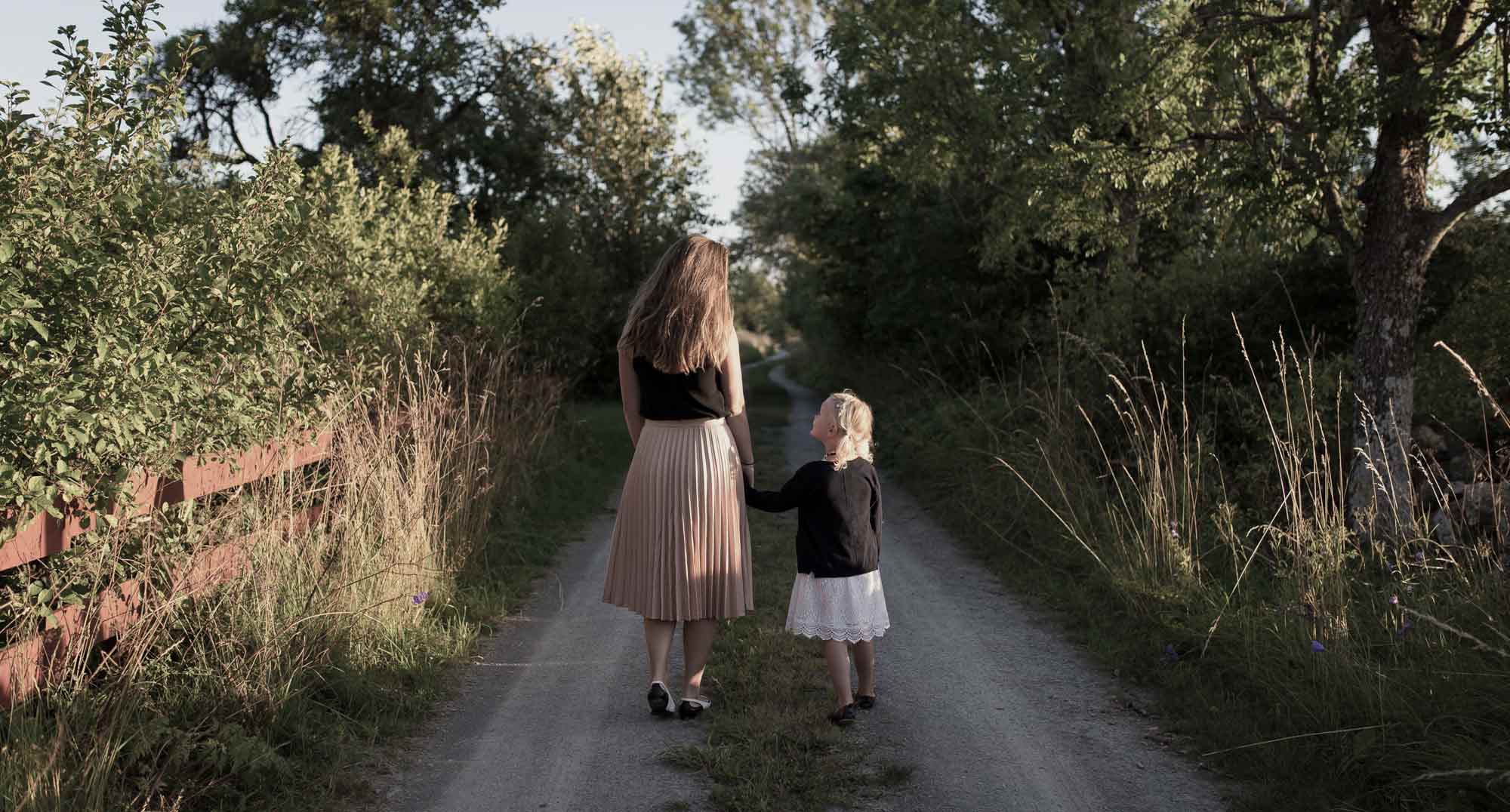How Team-Based Ministry Shapes Us
JANET LAROCQUE|GUEST When you think of leadership in the church, how often do you think of team-based leadership? We often think of leadership as an individual exercise. Perhaps someone who is specially trained in leadership who runs and manages everything. Or maybe someone who is the go-getter, who gets everything done. But team-based ministry is how God created us to serve the Body of Christ. In working as a team, we not only accomplish what God has called us to, but He shapes us in the process. Teams Are My Testimony I love team-based ministry. Currently, I serve on the PCA’s National Women’s Ministry Team as Regional Advisor to the churches in mid-America. In my local church, I serve on our women’s ministry Servant Team in the area of Titus 2 discipleship. But let me back up to explain how I got here. I grew up in a liturgical, works-based denomination, fully believing I was a Christian because I had checked all the boxes. There is a beautiful story about that for another day, but around my 40th birthday the Lord decided it was time. He placed a number of people in my path and a greater number of questions in my mind. That all led me to my very first Bible study at Naperville PCA, taught by Karen Hodge, and I’ve never left. As a “made-new believer” in my 40’s I was hungry to know the Lord, devouring theology. Thankfully, the preaching and shepherding I received was solid, well-communicated, and true-to-the-Scriptures. But in my mind, I was making up for lost time and this gnostic quest to know Jesus became kind of a solo-act. At that time, my team was often just Jesus and me—the vertical without the horizontal. Enter God’s grace again, and He began moving me toward less “doing” and more “watching.” So I watched—how women at my church served together on teams—quite joyfully. And I watched—Care Teams, Prayer Teams, small group co-leader teams, teaching teams, and the women’s ministry Servant Team. Then zooming out I watched my pastor and his wife serving together, modeling was a team looks like. Next, I watched our session, a plurality of elders, leading our church—all serving together. All these teams reflect the Godhead—the ultimate team of three persons in one being, eternally serving and pouring into each other. And the best part is, we are invited into that union! As Jesus prayed in John 17: “The glory that you have given me I have given to them, that they may be one even as we are one, I in them and you in me, that they may become perfectly one, so that the world may know that you sent me and loved them even as you loved me” (vv.22-23)...










